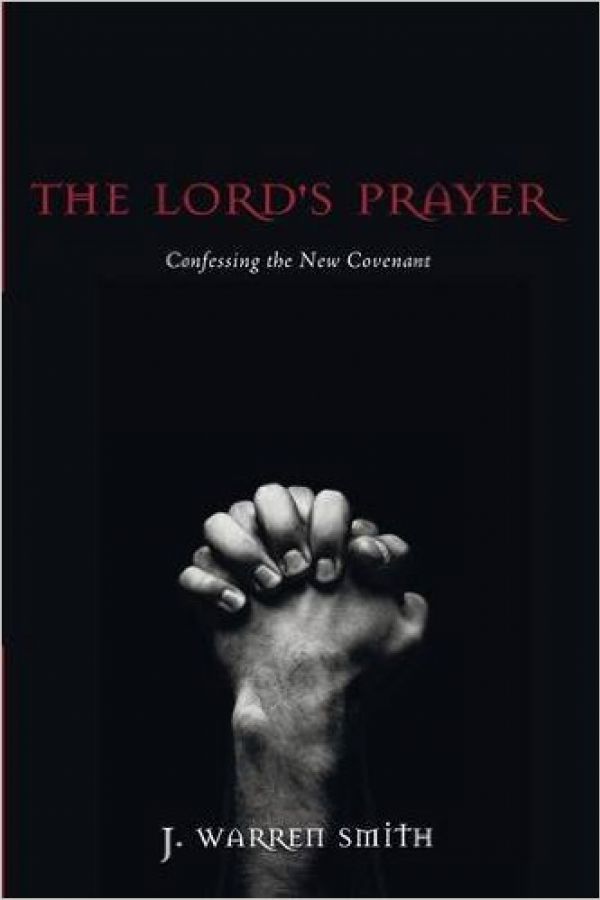J. Warren Smith, associate professor of historical theology at Duke Divinity School, has written a theological reflection on the Lord's Prayer for laity that grew out of his teaching in local congregations.
In The Lord's Prayer: Confessing the New Covenant released in April by Cascade Books, Smith draws on the study of the early Christian writers to interpret the Lord's Prayer primarily as a confession of faith in the New Covenant that Christ makes during baptism when one becomes a child of God.
Smith argues that prayer is for the sake of those praying and not for God’s sake, since God knows every word of their prayers even before the prayers are made. "Thus it is through the confession of who God is during prayer that people’s thoughts become conformed to the image of their heavenly Father, and they become open to the Holy Spirit who enables them to live more faithfully into their baptismal covenant," he explains.
As a confession of the New Covenant, the Lord's Prayer provides a starting point for integrating classic Christian doctrine with spiritual disciplines, Smith says. While many people associate doctrine with dry rationalism divorced from the life of prayer, this book gently shows how the historic teachings of the church are foundational to the confession of faith expressed in the Lord's Prayer.
Smith, a minister in the North Carolina Conference of the United Methodist Church, teaches church history with a focus on early Christianity. He is the director of the South Sudan Theological Training Initiative that provides theological education for United Methodist clergy in South Sudan and also teaches teenagers each summer in the Duke Youth Academy and Texas Youth Academy.
